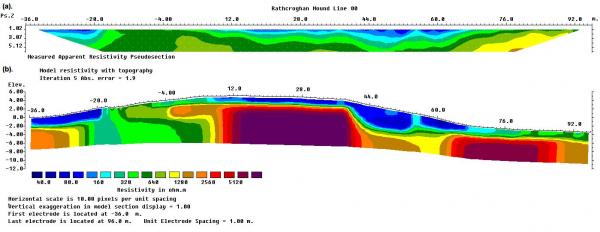

A heuristic is a principle with broad application, essentially an educated guess about something.

Heuristics are information-processing strategies that are useful in many cases but may lead to errors when misapplied. We will look further into our thought processes, more specifically, into some of the problem-solving strategies that we use. In this section, we will explore some of the applications of these tendencies to think fast or slow.

Sometimes it is not clear which is called for, because many decisions have a level of uncertainty built into them. Using slow and fast thinking does not guarantee good decision-making if they are employed at the wrong time. On the other hand, “slow” thinking requires more effort applying this in the same scenario might cause us not to buy the item because we have reasoned that we don’t really need it, that it is still too expensive, and so on. For example, you may quickly decide to buy something because it is on sale your fast brain has perceived a bargain, and you go for it quickly. Daniel Kahneman (2011) calls this “fast” thinking. Some of the decisions we make are rapid, emotional, and automatic. When faced with a problem to solve, should you go with intuition or with more measured, logical reasoning? Obviously, we use both of these approaches. Describe the differences between heuristics and algorithms in information processing.Treating Psychological Disordersġ6.1 Reducing Disorder by Confronting It: Psychotherapyġ6.2 Psychopharmacology and Brain-Based Therapiesġ6.3 Reducing Disorder by Changing the Social Situationġ6.4 Evaluating Treatment and Prevention: What Works? Psychology in Our Social Livesħ.1 Social Cognition: Making Sense of Ourselves and Othersħ.2 Interacting With Others: Helping, Hurting, and Conformingħ.3 Working With Others: The Costs and Benefits of Social GroupsĨ.2 Problem-Solving: Heuristics and AlgorithmsĨ.3 Cognitive Processes That May Lead to Inaccuracyĩ.2 Individual Differences in Intelligenceĩ.3 Communicating With Others: Development and Use of Languageġ0.2 Long-Term Memory: Categories and Structureġ0.3 Long-Term Memory: Encoding and Storageġ3.2 Infancy and Childhood: Exploring, Learning, and Relatingġ3.4 Adolescence: Developing Independence and Identityġ3.5 Early and Middle Adulthood: Building Effective Livesġ3.6 Late Adulthood: Aging, Retiring, and Bereavementġ4.3 Psychodynamic Origins of Personalityġ4.4 Behaviourist and Social-Cognitive Perspectives on Personalityġ4.5 Genetic and Environmental Influences on Personalityġ5.1 Psychological Disorder: The Challenges of Definitionġ5.2 Insanity: A History of Mental IllnessĬhapter 16. Brains, Biology, and Behaviourģ.1 Neurons, Neurotransmitters, and Hormonesģ.2 Our Brains Control Our Thoughts, Feelings, and Behaviourģ.3 Psychologists Study the Brain Using Many Different Methodsģ.4 Putting It All Together: The Nervous System and the Endocrine Systemģ.6 Genes and Environments: Nature and NurtureĤ.1 Sleeping and Dreaming Revitalize Us for ActionĤ.2 Altering Consciousness With Psychoactive Drugsĥ.5 Accuracy and Inaccuracy in PerceptionĦ.1 Learning by Association: Classical ConditioningĦ.2 Changing Behaviour Through Reinforcement and Punishment: Operant ConditioningĦ.4 Using the Principles of Learning in Everyday LifeĬhapter 7. 1.2 The Evolution of Psychology: History, Approaches, and QuestionsĢ.1 Psychologists Use the Scientific Method to Guide Their ResearchĢ.3 Descriptive and Inferential StatisticsĬhapter 3.


 0 kommentar(er)
0 kommentar(er)
